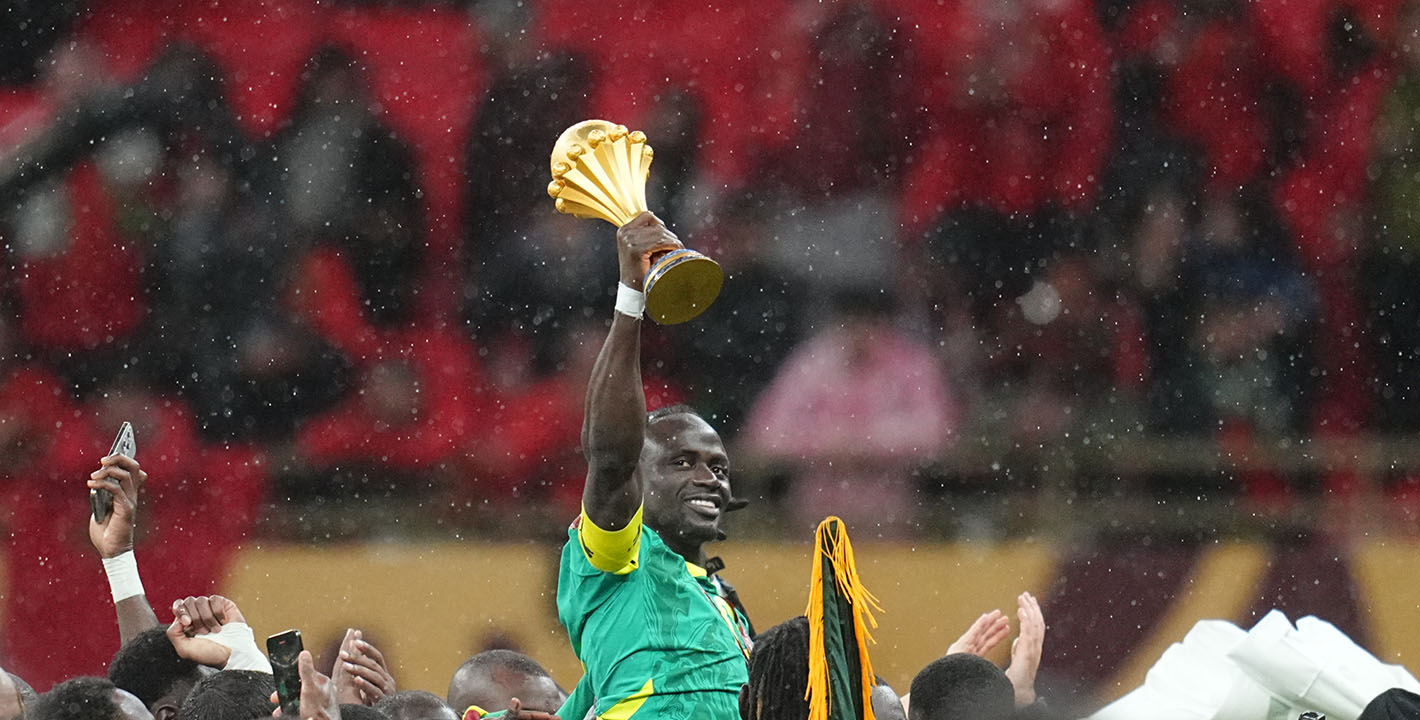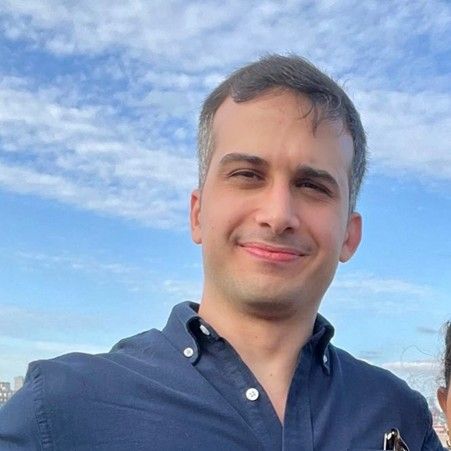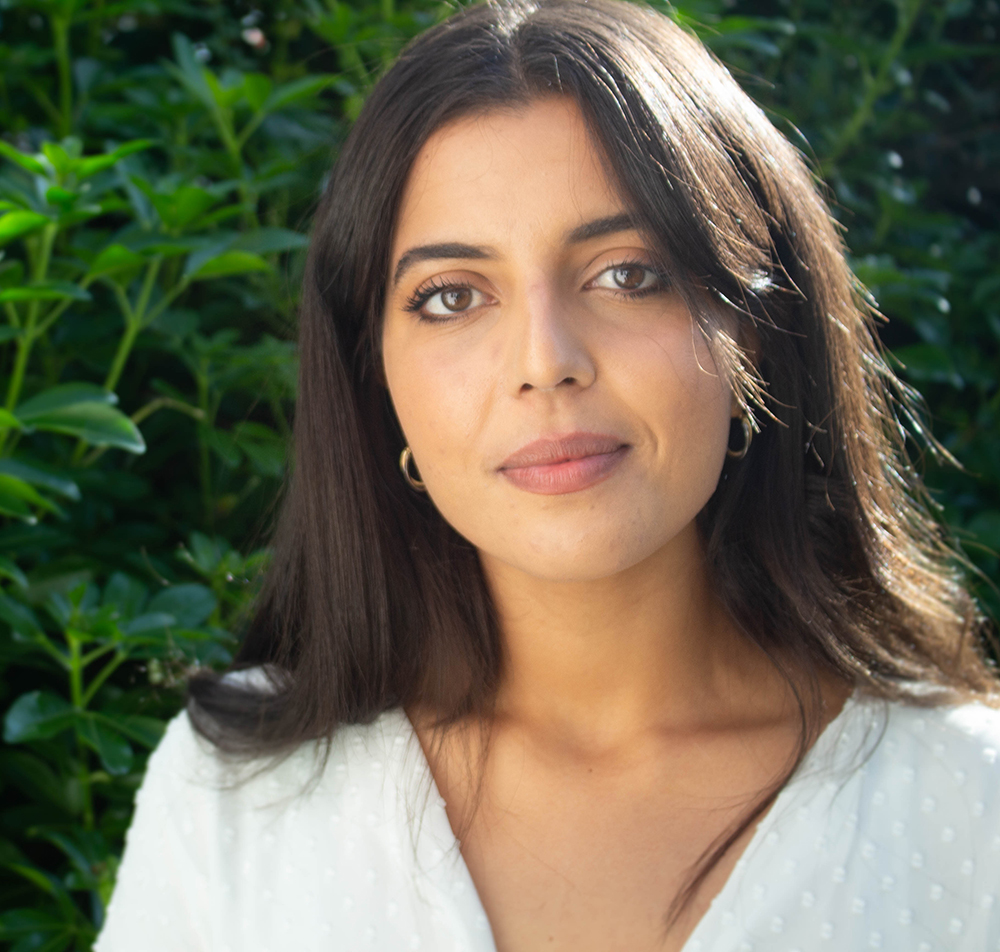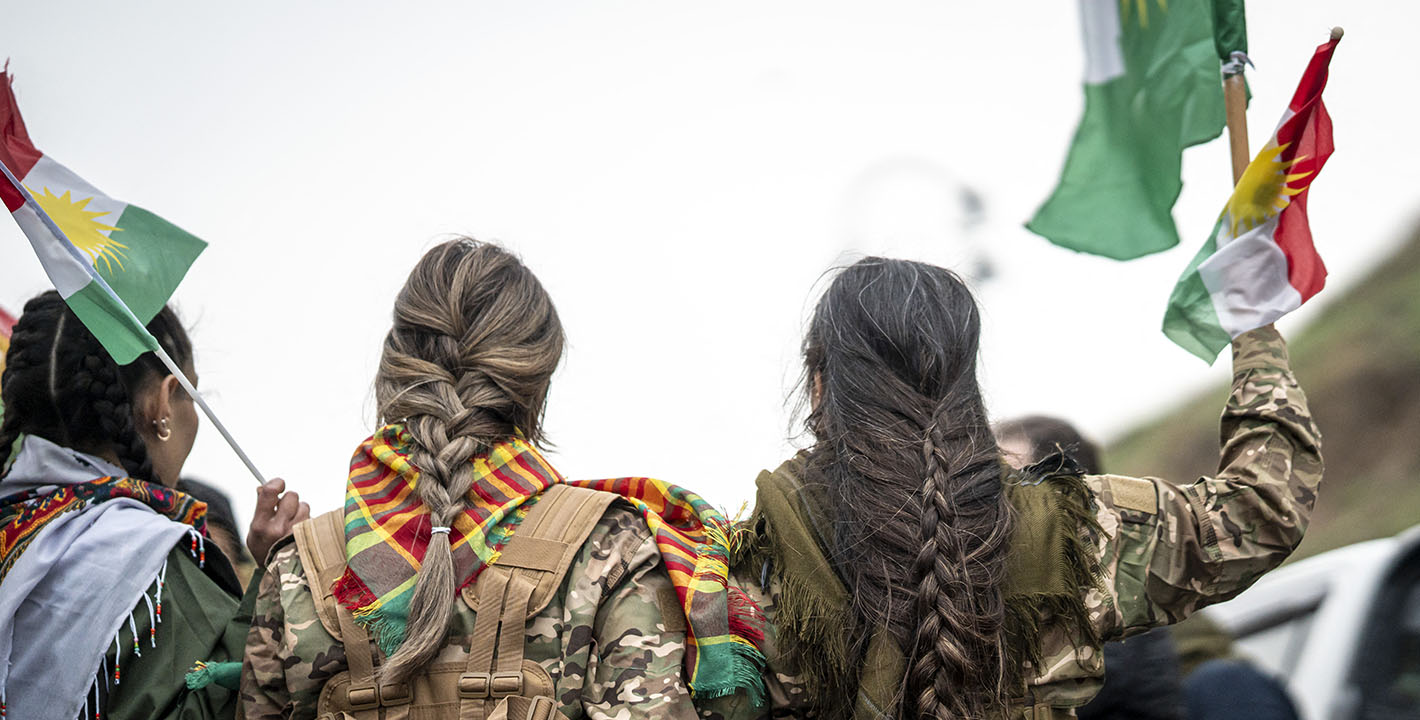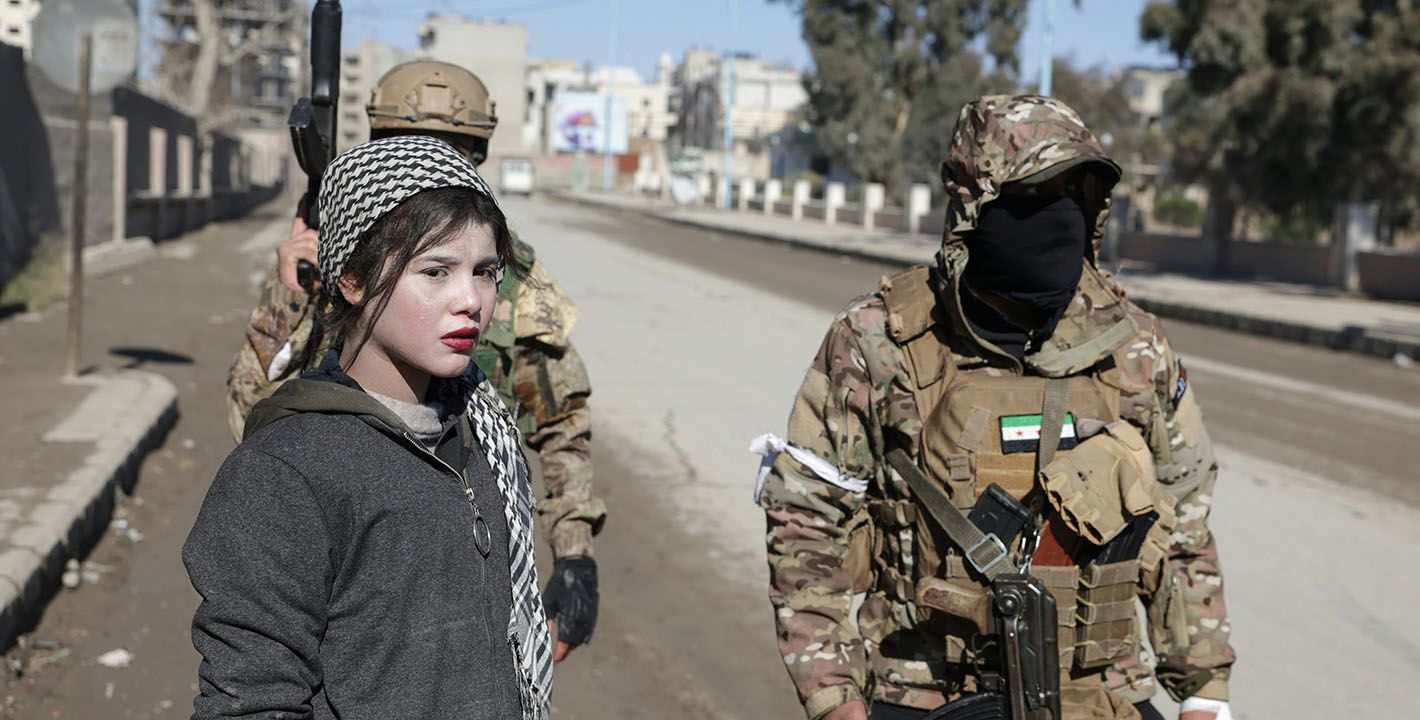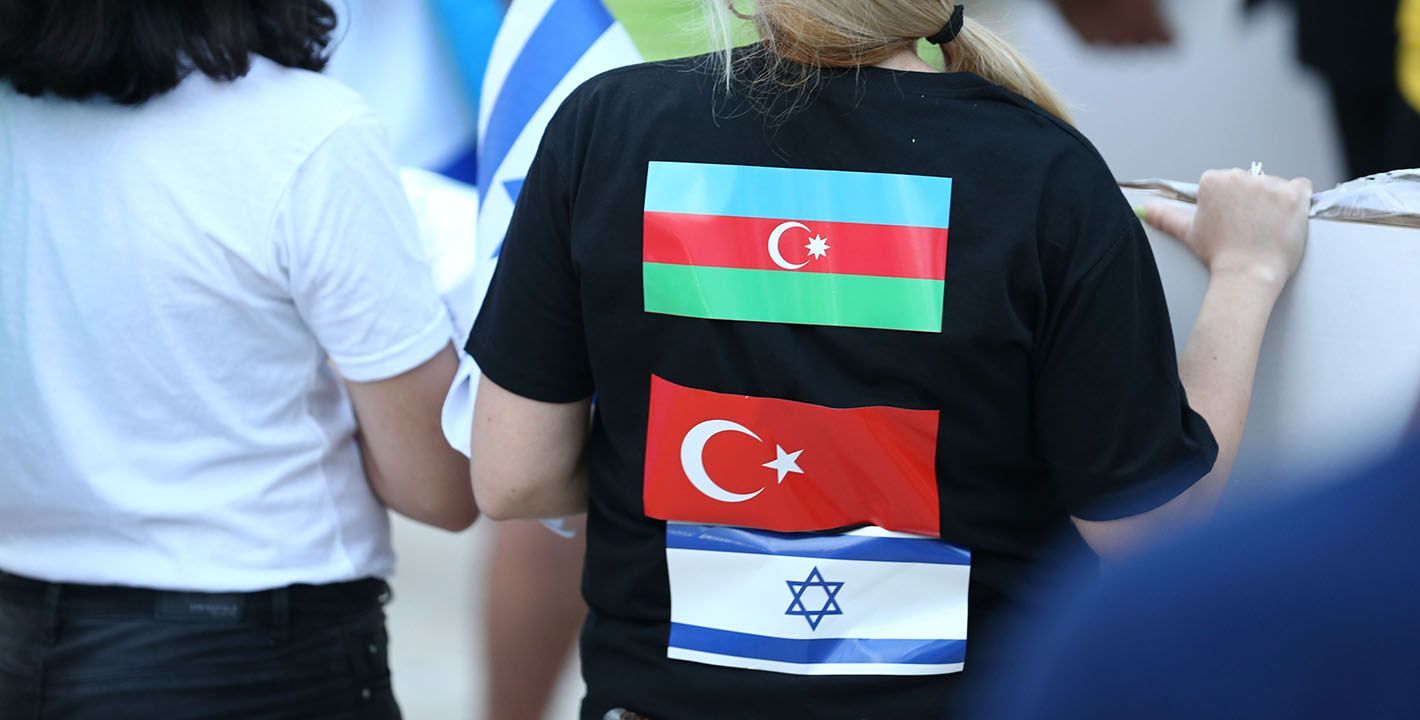Aron Lund
{
"authors": [
"Aron Lund"
],
"type": "commentary",
"blog": "Diwan",
"centerAffiliationAll": "",
"centers": [
"Carnegie Endowment for International Peace"
],
"collections": [
"Arab Awakening"
],
"englishNewsletterAll": "",
"nonEnglishNewsletterAll": "",
"primaryCenter": "Carnegie Endowment for International Peace",
"programAffiliation": "",
"programs": [],
"projects": [],
"regions": [
"Middle East",
"North Africa",
"Egypt",
"Syria",
"Russia"
],
"topics": [
"Security"
]
}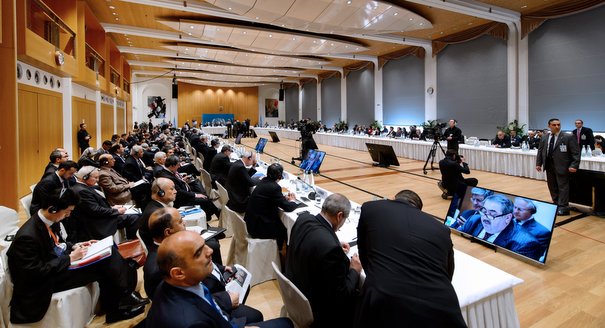
Source: Getty
To Go or Not to Go: Syria’s Opposition and the Paris, Cairo, and Moscow Meetings
Previous peace talks have done more to shape political opposition movements and their relationship to the Syrian regime than to produce solutions to Syria's ongoing civil war. Upcoming talks will likely be more of the same.
As the war in Syria continues to rage back and forth, with Sunni Islamist rebels having just captured the city of Idlib from President Bashar al-Assad’s forces, there is movement also among the political dissidents.
Syrian exile politics always seemed a curiously virtual world, reflecting events on the ground while detached from them. But the splits and deals among the dissidents are not without importance. As demonstrated by the Geneva II peace talks in early 2014, even failed negotiations can help shift the political perspective. Before Geneva II, talking to Assad was taboo for the Syrian opposition. But after Geneva II, even a few of the more hardline Islamist groups accept the idea, though they insist that talks must aim to secure Assad’s resignation. The Syrian government’s refusal to take Geneva II seriously brought changes too by deflating Western hopes for a negotiated solution and inaugurating a new wave of support for the armed rebels.
Suddenly, three different political processes have opened up in conjunction with the apparent failure of U.N. special envoy Staffan de Mistura’s plan to freeze the fighting in the northern city of Aleppo. While de Mistura takes stock of his options—having put Aleppo on hold, rather than abandoning the idea, he is reportedly looking at other venues where a freeze could work as well as pondering new types of negotiations—other actors are trying to craft a peace process amenable to their own interests. But with regional and political ties cutting straight through the main opposition blocs, there is little cohesion, and the opposition’s attempts to close ranks may simply split the dissidents along new lines.
From Paris to Berlin: Opposition Unity?
In late February this year, a meeting was held in Paris between representatives of the two main political opposition groups: the National Coalition for Syrian Revolutionary and Opposition Forces and the National Coordination Body for Democratic Change (NCB).
The exile-based National Coalition runs an interim government from Turkey and enjoys formal recognition from the United States, Turkey, France, and a host of other countries, albeit only from a minority of the Syrian rebel factions. Even though the National Coalition lacks independent power, its role as an internationally recognized representative of the opposition makes it important, and rival sponsors have fought each other for influence over the group’s leadership. Once under Qatari influence, the coalition later passed under Saudi Arabian control. The current National Coalition President Khaled Khoja is seen as Turkey’s man and as close to the Syrian Muslim Brotherhood. Like the Ankara government, Khoja has taken a hard line on peace talks, aligning with rebels inside Syria in rejecting de Mistura’s Aleppo plan and saying that negotiations must be about how, not if, Assad should resign.
The NCB is a far smaller group that formed in Damascus in summer 2011, led by small leftist, Arab nationalist, and secularist groups drawn from Syria’s pre-revolutionary dissident movement. (Somewhat incongruously, the NCB also includes the Kurdish Democratic Union Party (PYD), which is a political front for the Kurdish militias locked in battle with the self-declared Islamic State in northern Syria; but the PYD never paid much attention to the antics of the Arab opposition and its interest in the NCB seems to be fading.) Their common denominator was a deep-rooted suspicion of Western, Turkish, and Gulf state intentions in Syria and a refusal to endorse military intervention or armed struggle, preferring some sort of negotiated transition.
The NCB remains formally illegal in Syria and several prominent members have been jailed, but the group has by and large been tolerated by Assad’s government, which classifies the NCB as part of a patriotic opposition, while members of the National Coalition are accused of treason and terrorism. This renders the NCB deeply suspect in the eyes of many National Coalition members, Islamists, and armed rebels who accuse the NCB of allowing itself to be exploited by Assad to split opposition ranks and confuse international opinion. To this, the NCB responds that the politics of armed revolution and intervention have been a disaster for Syria and that they were right all along.
Even though the NCB lacks any influence over the armed rebellion and seems unable to mobilize more than a few thousand unarmed activists, Russia and Iran keep promoting it as a participant in any future peace talks. Many Western and Arab states also humor the group to some extent, recognizing that it contains many sincere, well-educated, and secular dissidents, including some from religious minority backgrounds, who could come in handy in the event of a future transition. Keeping a door open for the NCB is perhaps also thought of as a way to sweeten the deal for Assad’s allies. But for the National Coalition, which cannot hope to sway the West unless it is recognized as Syria’s sole legitimate opposition leadership, the persistent sniping from the NCB is deeply frustrating, and the groups have poor relations with each other.
The Paris meeting on February 26, 2015 ended in a tentative agreement between the National Coalition and the NCB to seek a solution based on United Nations resolutions, democracy, and the Geneva Communiqué, a document from 2012 that mandates a negotiated transition away from today’s political system in Syria. Now, a follow-up meeting is set to take place in Berlin, but this has reportedly drawn the ire of states like Egypt, which is suspicious of the National Coalition’s ties to the Muslim Brotherhood, and of those within the NCB who refuse to compromise on their secular ideals and who feel threatened by Turkish and Qatari influence over the opposition.
Moscow II: Russia’s Pet Project
All the while, the NCB has kept a close eye on the other side of the political chessboard. In late January, the Russian government tried to bring together Syrian politicians for preliminary talks in Moscow, also on the basis of the Geneva Communiqué.
The Assad government showed up after some friendly nudging, but the Russian organizers suffered from their lack of contacts and credibility in the Syrian opposition. Assad declined to offer any concessions to sway the fence-sitters, and the end result was that virtually the entire opposition boycotted the talks—including all armed rebel groups, the National Coalition, small pacifist groups like Building the Syrian State (BSS), and political moderates like Sheikh Ahmad Moaz al-Khatib. The Russians had hoped to get the NCB to come, but even though some individual members showed up, the NCB formally adhered to the opposition boycott. The conference consequently failed to produce anything except a set of principles formulated by the regime and its own proxies. These principles were received with scorn and indifference by most of the opposition and certainly by the armed rebels.
Now that the time has come to organize a follow-up session on April 6–9, referred to as Moscow II, the Kremlin has put in a little extra effort to sway the moderate opposition. President Assad’s government has been cajoled into releasing several hundred prisoners, and the Russians have quietly disinvited some of the pro-Assad pseudodissidents with whom they had sought to pad out January’s embarrassingly anorectic opposition delegation. They also bowed to another demand by sending the NCB a formal invitation, instead of selectively offering seats at the table to NCB leaders of their own choosing.
This did the trick. The National Coalition will again boycott the meeting, but both the NCB and the BSS have decided to go, adding a wafer-thin veneer of legitimacy to talks that will otherwise only include Assad’s government, pro-Russian figures, and the president’s own loyal opposition. The idea—which remains distinctly implausible—is that Moscow II should now lead to a Moscow III where more serious discussions can be held. There is even talk of Russia then joining forces with the United States to re-launch the UN track by way of a Geneva III.
Haytham Manna and the NCB Split
True to form, the decision to go to Moscow was accompanied by a major split within the NCB. Earlier this month, I interviewed the NCB’s former coordinator-in-exile Haytham Manna, who had just left the NCB leadership and cofounded a new movement called Qamh, which is based on the same secular principles and a commitment to the Geneva Communiqué. His move was followed by the defection of some 40 NCB members in Syria who promptly founded a Gathering for the Pact of Dignity and Rights (tajammouʿ ʿahd mashrouʿ al-karama wal-huqouq),which is linked to Manna and Qamh, and seems intended to serve as their political wing. Left in control of the NCB is its overall leader, the Damascus-based attorney and old-school Nasserite politician Hassan Abdul Azim.
Disagreements about the role and timing of the Moscow talks played a role in the split, but the straw that broke the camel’s back seems to have been the rumors of a French-sponsored meeting between the Muslim Brotherhood and the anti-Manna faction of the NCB on the margins of the Paris talks in February. Many of the NCB defectors are deeply suspicious of the Brotherhood and its Turkish and Qatari backers, and have made this the central plank of their opposition to the National Coalition. Consequently, these secularist hard-liners now seem to be drifting into contact with Brotherhood’s regional enemies.
Cairo II: Reinventing the Patriotic Opposition?
Haytham Manna and his supporters have for some time focused their attention on another project which they hope will be able to catapult them back into the higher rungs of Syrian opposition diplomacy.
In late January, the Saudi-allied government of Egyptian President Abdel-Fattah el-Sisi, who is currently engaged in a furious anti-Brotherhood crackdown, sponsored a separate opposition conference in Cairo. For obvious reasons, it did not receive the blessing of Khoja’s National Coalition leadership, although some dissident members participated in a personal capacity. Instead, the Cairo conference gathered Manna’s allies and some other members of the NCB, smaller groups like the BSS, and a host of veteran secular dissidents like Professor Aref Dalila, the former dean of the Faculty of Economics at the University of Damascus, and previous National Coalition spokesperson Walid al-Bunni; both of them were political prisoners in the pre-2011 era. Among the attendees, there was also a group of defected government officials, most notably the former foreign ministry spokesperson Jihad Makdissi. After some last-minute quarrels, the Cairo meeting produced a ten-point program based on the now familiar Geneva Communiqué and decided to organize a second meeting in April.
Manna and his ex-NCB allies have since bet all their chips on these Cairo II talks, boycotting the Moscow process on the argument that the opposition must first unite at Cairo II. In fact, they accuse the Assad regime of having induced the Russians to reschedule Moscow II in order to precede and thus sabotage Cairo II. What Manna and his allies seem to be hoping for at Cairo II is the creation of a new, strictly secular pro-negotiations platform and/or the election of a new opposition body which would seek international approval and inclusion in future peace talks. In political terms, this would primarily challenge the National Coalition, but it would also threaten the NCB’s role as “the other opposition” in the eyes of the international community.
Members of Abdul Azim’s remaining NCB leadership may still turn up at Cairo II, whatever their misgivings about Manna’s influence and ulterior motives. These veteran Arab nationalists will be hard pressed to boycott a meeting held in Cairo, the symbolic center of the Arab world and once the capital of their patron saint, Gamal Abdel Nasser.
To no one’s surprise, the National Coalition has already announced its boycott of the Cairo II talks, but Manna and the other organizers may still be able to attract some of its members. The old rifts between Qatar- and Saudi-backed factions in the National Coalition are opening up again, with a minority of disaffected pro-Saudi and anti-Brotherhood members visibly tempted by the Cairo process (and perhaps Moscow II, too) as a way to regain relevance after being edged out from the coalition leadership by Khoja’s Qatar- and Turkey-friendly bloc. However, the lines are far from clear-cut, with factional struggles and personal animosities often crisscrossing the political and regional blocs, and a great deal of confusion on all sides over what exactly is going on.
What seems certain is that this kaleidoscopic dance of splits, mergers, defections, and reconciliations in exile will do little to stop the war between Assad and the Sunni rebels that continues to lay waste to Syria.
About the Author
Former Nonresident Fellow, Middle East Program
Aron Lund was a nonresident fellow in the Middle East Program and the author of several reports and books on the Syrian opposition movement.
- Going South in East GhoutaCommentary
- The Jihadi SpiralCommentary
Aron Lund
Recent Work
Carnegie does not take institutional positions on public policy issues; the views represented herein are those of the author(s) and do not necessarily reflect the views of Carnegie, its staff, or its trustees.
More Work from Diwan
- Axis of Resistance or Suicide?Commentary
As Iran defends its interests in the region and its regime’s survival, it may push Hezbollah into the abyss.
Michael Young
- When Football Is More Than FootballCommentary
The recent African Cup of Nations tournament in Morocco touched on issues that largely transcended the sport.
Issam Kayssi, Yasmine Zarhloule
- Kurdish Nationalism Rears its Head in SyriaCommentary
A recent offensive by Damascus and the Kurds’ abandonment by Arab allies have left a sense of betrayal.
Wladimir van Wilgenburg
- All Eyes on Southern SyriaCommentary
The government’s gains in the northwest will have an echo nationally, but will they alter Israeli calculations?
Armenak Tokmajyan
- Iran’s Woes Aren’t Only DomesticCommentary
The country’s leadership is increasingly uneasy about multiple challenges from the Levant to the South Caucasus.
Armenak Tokmajyan



